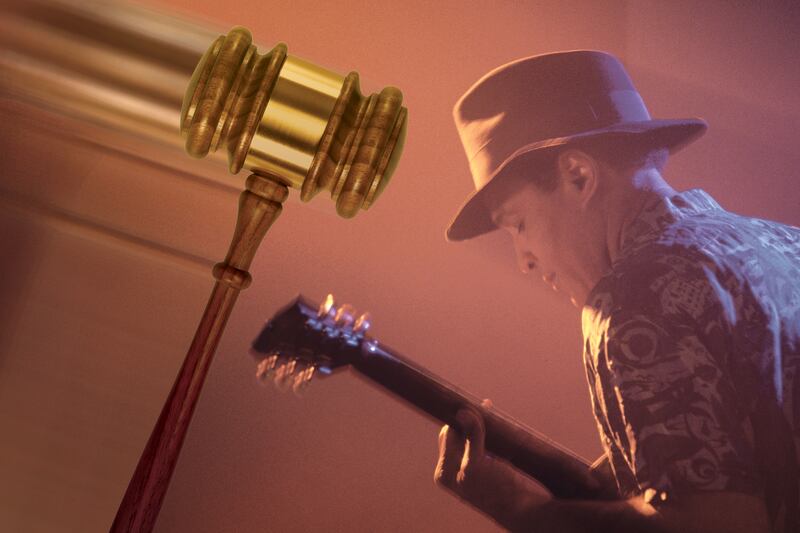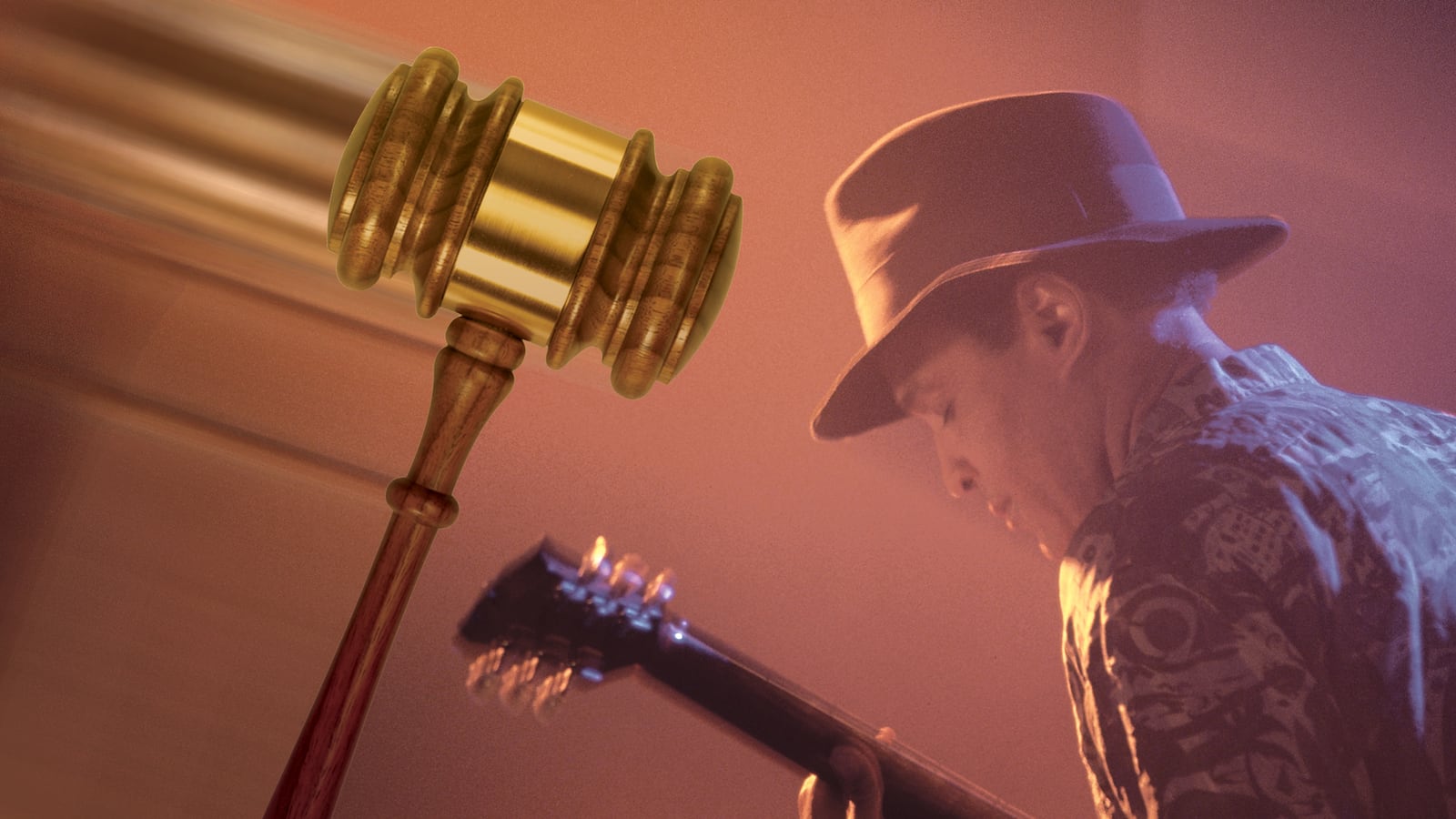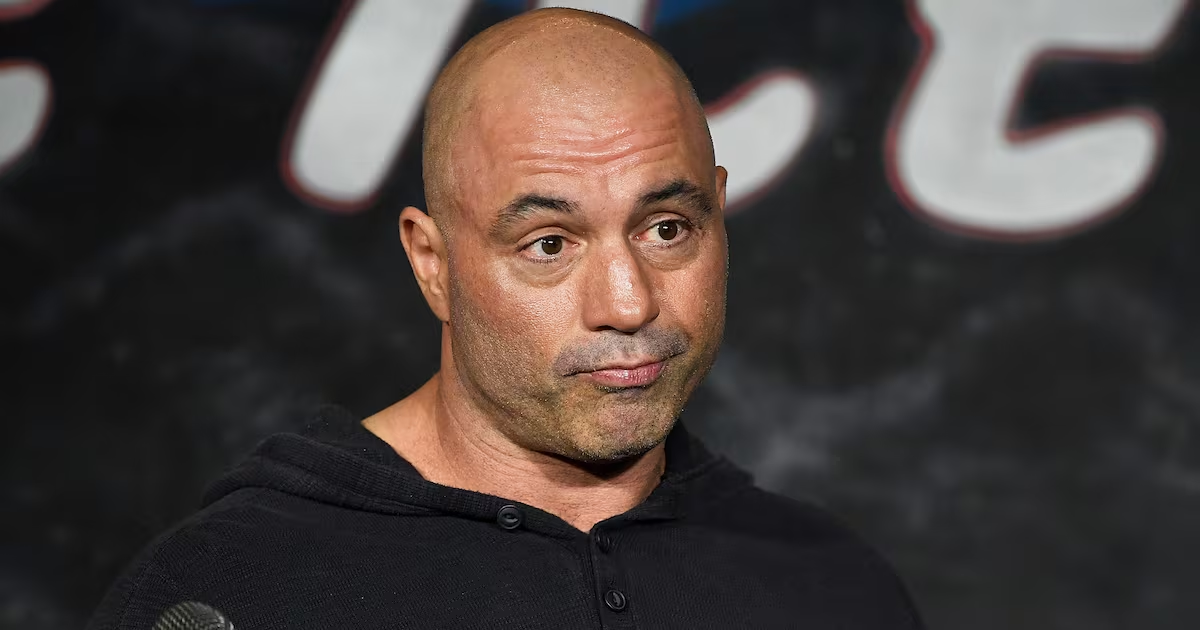Last August, a small-time classic rock cover band performed at a bar called 69 Taps in Medina, outside Cleveland. By all accounts, it was a pretty typical show for Alter EGO, a quartet of middle-aged music men who’d long since come to terms with the fact that their 30-to-50-year-old audience (mostly comprised of their wives, friends and neighbors) preferred hearing hits.

“An original song can be a set killer,” drummer Rob Bisker, who works in home medical supplies, told The Daily Beast. So they played “Jesse’s Girl” and “Bad Moon Rising” and “Brown Eyed Girl” and other songs you’d expect to hear from any classic rock cover band at any dive bar in any American town. They also played “Freebird,” a song not typically included in their repertoire. They knew it was cliché, Bisker said, but he and his band mates decided to learn the Lynyrd Skynyrd classic just in case someone happened to yell out a request for it, as drunken concert goers are wont to do. As predicted, someone did, and on that August night at 69 Taps in Medina, Alter EGO performed a few minutes of “Freebird” for the first time in their cover band career.
Almost seven months later, 69 Taps and its former owners were served with a copyright infringement lawsuit from Broadcast Music, Inc and 10 music corporations that own the rights to 10 of the songs Alter EGO performed that night—”Freebird” included.
The bar never asked the band for that night’s set list, and they never posted it on their site, which led Risker to believe, “a BMI representative had to have been there.”
69 Taps in Medina is hardly the first local bar or restaurant to be on the receiving end of a lawsuit from BMI or the American Society of Composers, Authors and Publishers (ASCAP), the two largest Performance Rights Organizations, or copyright collectives, in the country. Every year, bars, grills and taverns across the country find themselves ordered to pay tens of thousands of dollars to the non-profit behemoths for crimes ranging from playing Bob Dylan on a jukebox to allowing a group of amateur rockers cover John Fogerty. In August of 2011, for example, Fosters American Grille in Raleigh, North Carolina was ordered to pay BMI $30,450 for playing four songs without a license and another $10,700 in attorneys’ fees. The restaurant shuttered that same month.
Coverage of such lawsuits often paints BMI and ASCAP as evil industry giants, sending undercover agents to bars in random towns; stomping on small, innocent businesses in their effort to collect billions of dollars annually on behalf of the composers, songwriters and music publishers they represent. In reality, it’s not so simple.
ASCAP has borne the reputation of ruthless royalties police since 1917, when the Supreme Court ruled in favor of songwriter Victor Herbert, the head of the then two-year-old organization, in his suit against a New York City restaurant for playing a song of his on an automatic piano during dinner. In his decision, Chief Justice Oliver Wendell Holmes determined that U.S. copyright law requires businesses to pay for the rights to play live or recorded copyrighted music in their establishments, whether or not customers are charged to hear it. Holmes’ reasoning was that music, whether performed or simply played in the background, is employed to create a desirable environment that will draw in paying customers. “If music did not pay, it would be given up,” Holmes wrote.
BMI has received hardly more sympathy, despite emerging in 1939 to offer a more flexible and affordable alternative to ASCAP’s “blanket license,” which is a fixed annual fee that it still charges businesses—from restaurants to radio stations—to play anything from its wide-ranging repertory. BMI licenses still offer the rights to more than 8.5 million songs, but vary in cost depending on the size and occupancy of the establishment, how frequently music is played, whether it’s performed live or recorded, and whether dancing is permitted.
“A single BMI license is cost-efficient,” a BMI spokeswoman told The Daily Beast, whereas penalties for copyright infringement can range from $750 to $30,000 per song.
The National Restaurant Association encourages the owners of the nearly 500,000 restaurants it represents to seriously consider the consequences of violating federal copyright law when deciding whether to pay for a music license. Still, many business owners choose to take the risk, assuming, perhaps, that their size, location or obscurity might allow them to play music under the radar. A large number of them eventually discover, however, that there’s no hiding from the protectors of performer’s rights.
BMI says a lawsuit is usually its last resort, after making a concerted effort to educate potential customers about licensing agreements.
“It is often the case that we will reach out dozens of times over extended and lengthy periods to offer our customers ample time to respond,” the spokeswoman said. “We even try to visit some of the establishments in person to educate the business owner, at which point we may confirm that certain songs are being played without proper permission.”
The current owners of 69 Taps in Medina could not be reached for comment for this story, but The Daily Beast did speak to John Middendorf, who is named alongside fellow former co-owner Thomas Manfreda in the lawsuit. Middendorf said he’s had no involvement with the bar since 2008 and that he was included in the suit by mistake. BMI did not answer any questions regarding this particular case and Manfreda did not return calls for comment.
As for Alter EGO, the cover band at the center of BMI’s latest copyright feud, Rob Bisker says the publicity surrounding the lawsuit has landed them a lot of gigs—and a lot of unsolicited criticism for their set list.
“I actually agree with the premise that artists should be paid for their music. If we had original music I’d think we should get compensated,” Bisker said. “I feel bad that because of us someone got in trouble. But if they weren’t following the rules, that’s their price to pay.”





